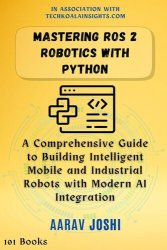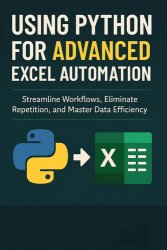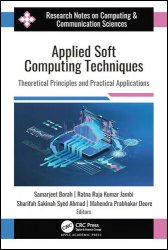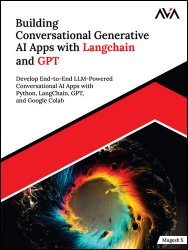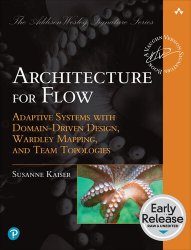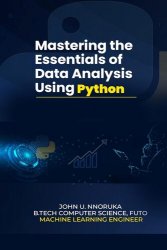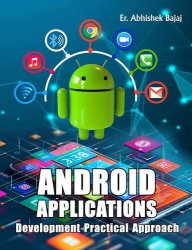- Добавил: literator
- Дата: 6-06-2025, 16:58
- Комментариев: 0
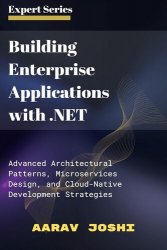 Название: Building Enterprise Applications with .NET: Advanced Architectural Patterns, Microservices Design, and Cloud-Native Development Strategies
Название: Building Enterprise Applications with .NET: Advanced Architectural Patterns, Microservices Design, and Cloud-Native Development StrategiesАвтор: Aarav Joshi
Издательство: 101 Books
Год: 2025
Страниц: 2690
Язык: английский
Формат: epub (true)
Размер: 11.8 MB
Building Enterprise Applications with .NET: Advanced Architectural Patterns, Microservices Design, and Cloud-Native Development Strategies is the definitive guide for experienced .NET developers and software architects ready to master cutting-edge enterprise application development. This comprehensive resource leverages the latest C# 12 and .NET 8 features to deliver practical, industry-proven solutions for building scalable, resilient applications. Unlike other books that focus on basic concepts, this advanced guide dives deep into sophisticated architectural patterns, microservices decomposition strategies, and cloud-native development with Azure. The book emphasizes hands-on learning through a complete e-commerce platform case study, demonstrating real-world application of concepts from requirements analysis to production deployment. Key coverage includes Kubernetes orchestration, observability with OpenTelemetry, advanced API design patterns, and modern DevOps practices with Infrastructure as Code.

